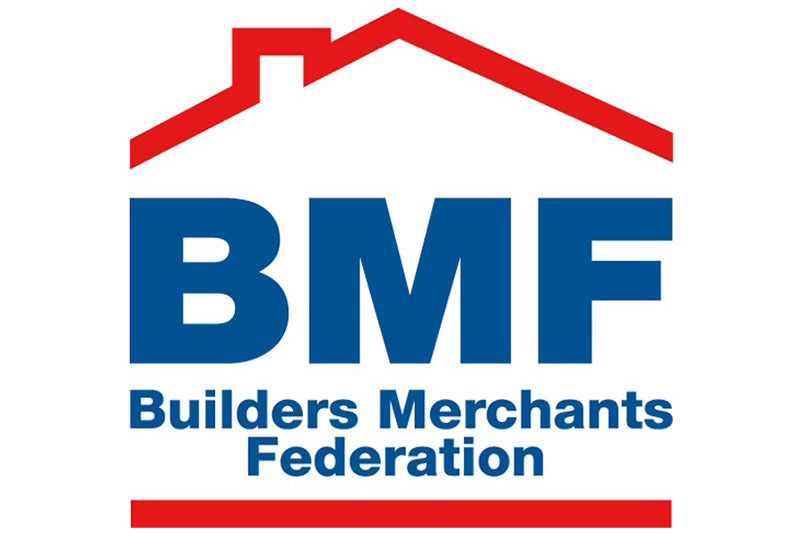
The Migration Advisory Committee’s forthcoming report to the UK Government, due in September, will be crucial to construction workforce planning in the post-Brexit and post-Covid 19 economic recovery.
Six months’ ago, the UK Government commissioned the MAC to compile a Shortage Occupation List to focus on occupations above RQF level 3 – notably HNCs, HNDs and Foundation Degrees. The BMF has seen the Welsh contribution to the UK Shortage Occupation List in which ministers in Cardiff disagree with London’s approach. Unlike Scotland, Wales does not have its own List.
To prepare its input, the Welsh Government consulted industry stakeholders to determine what occupations should be included. In its evidence, Cardiff highlighted several key occupations that should be added to the list – especially the skills’ needs of manufacturing and construction.
Welsh ministers do not endorse Whitehall’s decision to consider qualifications at RQF level 3 or above as ‘skilled’ – so they included evidence on skills’ gaps in occupations below level 3 as well.
The BMF has learned that joint findings from stakeholders and government show:
- manufacturing accounts for 9% of total GVA in Wales compared to 10% for the UK as a whole. It would be particularly affected by changes to immigration policy – not just on low-skilled workers and employers – but also those with intermediate skills;
- construction needs to be added to the List to bridge a skills’ gap. Work is ongoing to train indigenous Welsh workers to reduce reliance on migrant workers.
The Welsh Government is strongly opposed to UK Government immigration proposals, believing that Whitehall should take stock in the light of the Covid-19 pandemic. Ministers in Cardiff have looked at the needs of the Welsh economy and concluded the growth in (amongst others) construction and manufacturing are areas to be prioritised.









